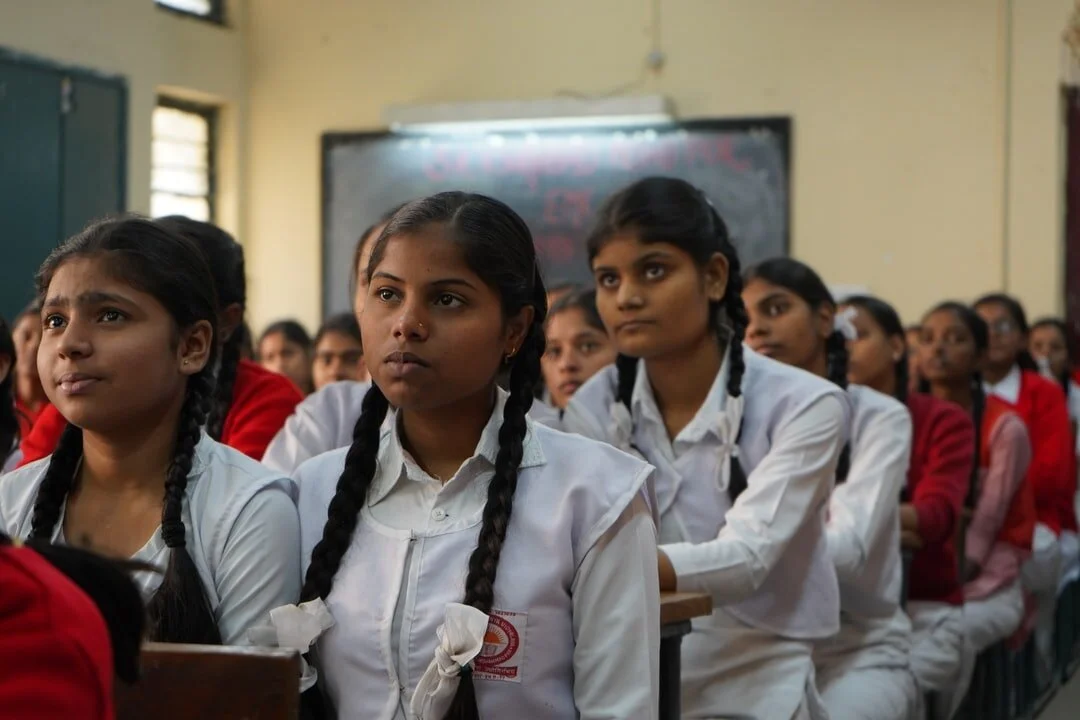In our recent Work, Employment and Society article, we develop understanding of gendered ageing (and ageism) in the workplace by presenting our research on women’s experiences of menopause transition while working in the police service.
Read MorePlace branding is a discipline with high relevance for a city's policymakers and for hospitality and tourism management, and this is even more true in the context of creative cities. This article explores how the creative class contributes to a city’s brand identity and, by doing so, delivers valuable advice for marketing representatives of creative cities.
Read MoreResilience—the ability to adapt to adversity—has been a topic of conversation in both research and popular press for decades. This broad area of focus has led to explorations of resilience to different forms of adversity, including natural disasters, combat exposure, death of a loved one, divorce, and professional failures. In many cases, resilience has been considered in relation to a single event, or stressor.
Read MoreIn this article, we engage with the experiences of students in a government-run residential secondary school that enrols girls primarily from disadvantaged socio-economic backgrounds. Through an exploration of the history of the programme, secondary evaluations conducted over the years and a month-long engagement with one such residential school, we probe how the categories of disadvantage—caste and gender— continue to operate, even as the state tries to obliterate them in this space.
Read MoreIn mid-December 2019, a novel strain of coronavirus (COVID-19) was discovered and quickly spread throughout the world. As a result, there were several regional and national initiatives in the United States aimed to lessen both loss of life and the strain on the hospital systems caring for these patients. In the hospital, much of the focus was placed on the strategies to care for the hospitalized patients with COVID-19. As a by-product of these changes, alterations in the outpatient care of non-ill patients profoundly affected the routine surveillance and treatment of patients with cardiac conditions.
Read MoreThe theme of Peer Review Week 2021 is Identity in Peer Review, a timely topic that raises some interesting questions. Does anonymity provide a fairer peer review process? How does the identity of peer reviewers shape publications? And how can we make sure that the peer review process is welcoming and inclusive to all?
Read MoreUnderstanding how to effectively navigate the review process is key to success in publishing. Too often, the sense of elation at having submitted a paper is often replaced by frustration as the paper waits to go through the various steps in the review process.
Read MoreThis article explains the political economy that diverted the policy from its original social purpose and made Brazil one of the five biggest donors of food to the World Food Program for a short period of time.
Read MoreEarlier this year SAGE announced a partnership with Clarivate to offer transparent peer review on four of our journals. This year’s Peer Review Week, dedicated to the theme “Identity in Peer Review”, is the perfect time to reflect on the results we’ve seen so far.
Read MoreYou have received an email invitation to review a manuscript for a journal…. and now you are deciding your next steps. The first question to ask: is this a legitimate journal (and not a predatory one)? If it is a true professional journal and the topic is in your area of expertise, you might be asking yourself, why should I?
Read MorePeer Review Week 2021 kicks off today, and we at SAGE are once more looking forward to a week of discussing the latest developments and directions in peer review, after a defining year of disruption and change around the world. This year’s theme is Identity in Peer Review, and to celebrate this most timely topic, we’ll be sharing blog posts throughout the week, with a mixture of updates from SAGE and advice for authors and reviewers from our journal Editors.
Read MoreThe global refugee crisis is one of the most daunting challenges confronting humanity. The United Nations High Commissioner for Refugees (UNHCR) reports more than 82 million refugees and other forcibly displaced persons (collectively categorized as FDP) have fled their homes, communities and countries. Climate change, war and other forces could explode that number to 1.2 billion people by 2050.
Read MoreAt a time of accelerating social, political and environmental crises, there is an urgent need for research methods that support social transformation. Over the last fifty years or so, participatory research has emerged as a challenge to traditional research paradigms. It has now come of age as a robust alternative for understanding, analysing and taking action for social change.
Read MoreThis study explores how rapid industrialization alongside a lack of regulatory controls through policy and planning encourages unplanned rapid urbanization in suburban areas. Taking Konabari–Kashimpur, a rapidly growing suburban area of the Greater Dhaka Region (GDR) as a case study, data has been collected through 16 key informant interviews and a questionnaire survey of 359 households in the area. The study finds that the readymade garment industry plays a significant role in the growth of this area.
Read MoreThe impact of loyalty programs on customer retention was investigated in this study. Concomitantly, the mediating effects of brand association and customer satisfaction between loyalty programs and customer retention were also tested in three ways, in parallel, distinct, and sequential through a series of structural models. The study focuses on the Malaysian national car sector, and empirical data was collected from 313 Malaysian national cars users through convenience sampling.
Read MoreTo meet the changing demands of the students and many other stakeholders of education in the twenty-first century, the education systems of different nations of the world are in the process of continuous paradigm shifts in their curriculum, methods of instruction, management, evaluation process and other related components. For achieving well-rounded and integrated development among the learners, integrated programmes play a significant role in the field of education.
Read MoreThis article analyses the life cycle of three Australian public policies (Tasmania Together [TT], South Australia’s Strategic Plan [SASP,] and Western Australia’s State Sustainability Strategy [WA’s SSS]). These policies were formulated at the state level and were structured around sustainable development concepts (the environmental, economic, and social dimensions). This study highlights contexts that led to the making of these public policies, as well as factors that led to their discontinuation.
Read MoreThere’s a student mental health crisis. With half of all young people now going to university this is now a public health crisis. And universities are to blame for not providing enough support to students, leading to unusually high levels of student suicide. That’s what media stories were suggesting, even before the pandemic hit. However, is this really true?
Read MoreSince the onset of the COVID-19 pandemic, many office workers have experienced a blurring of boundaries between home and work. For national or expatriate workers in the fields of peacebuilding, development, and humanitarian aid, the challenges associated with navigating work-life intersections are nothing new.
Read More

















